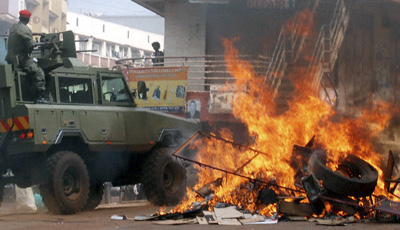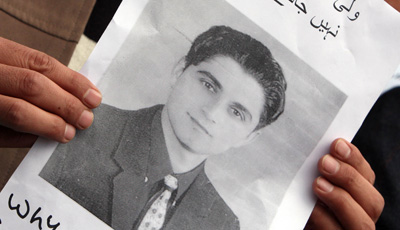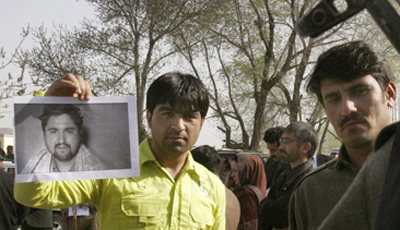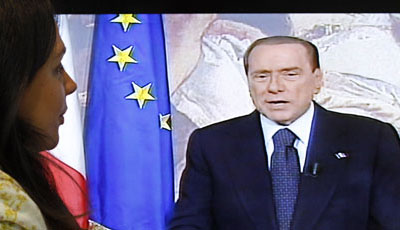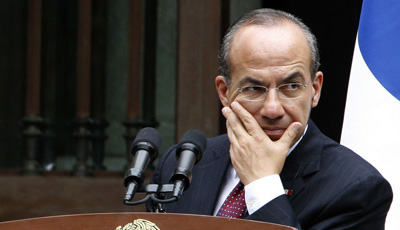
Attacks on the Press in 2011: In Mexico, Silence or Death Remains the Choice
The Mexican president promised to protect a besieged press corps with a federal protection program, a special prosecutor and new legislation making anti-press violence a federal crime. But Felipe Calderón Hinojosa has failed at nearly every turn. By Mike O’Connor
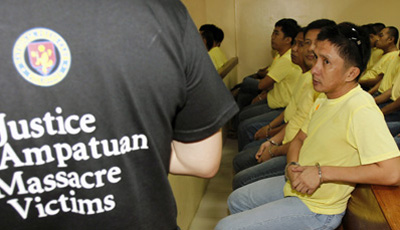
Attacks on the Press: Will Philippines Fail on Maguindanao?
Nearly two years since 32 journalists were murdered, the fight for justice has both intensified in rhetoric and bogged down in technicalities. Without a greater commitment of resources, the litmus test is one the Philippines could fail. By Shawn W. Crispin
Attacks on the Press in 2011: Eritrea
No independent press has operated in this Red Sea nation since a September 2001 government crackdown on dissent that led to the imprisonment of 11 leading journalists without charge or trial and the enforced closure of their publications. President Isaias Afewerki’s administration consistently refused to account for the whereabouts, legal status, or health of the…
Attacks on the Press in 2011: Kyrgyzstan
As President Roza Otunbayeva declared her commitment to press freedom, parliament decriminalized libel, eliminating a tool used by authorities in the past to suppress critical journalism. But rising violence, censorship, and politically motivated prosecutions marred the year in Kyrgyzstan. Parliament ordered state agencies to block domestic access to the critical website Fergana News, although the…
Attacks on the Press in 2011: Venezuela
President Hugo Chávez Frías’ administration continued its systematic campaign to stifle critical reporting through regulatory, judicial, and legislative avenues. The telecommunications regulator fined Globovisión, the country’s sole critical television station, more than US$2 million for its coverage of deadly prison riots in June and July. The regulator invoked the Law on Social Responsibility in Radio…
Attacks on the Press in 2011: Guatemala
Journalists increasingly practiced self-censorship as Mexican drug cartels expanded their presence in Guatemala. In May, criminals in four provinces hung banners in public places, threatening journalists with harm if gang activities were covered. A television journalist in southern Escuintla province was killed under unclear circumstances after receiving several threats. While the rise of criminal groups…
